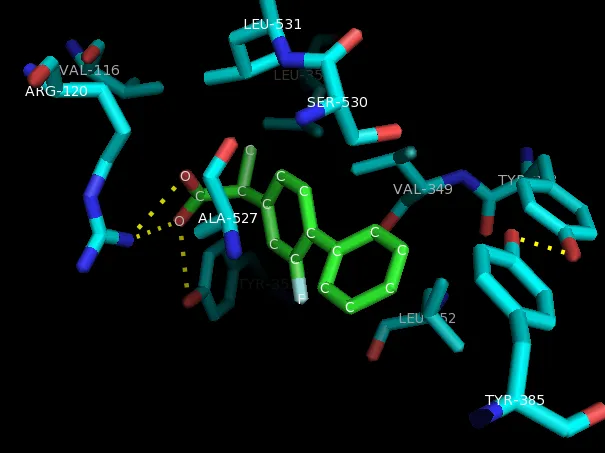Researchers from the Higher Council for Scientific Research (CSIC) and the Autonomous University of Madrid have demonstrated the protective action of an enzyme against insulin resistance, causing obesity -related diseases such as diabetes mellitus type 2 or liver diseaseNon -alcoholic fatty.
It would be the Coxigenase Cox-2 enzyme, which together with their sister Cox-1 catalyze the first step in the biosynthesis of prostanoids.To carry out this study, scientists used transgenic mice with overexpression of COX-2 in liver cells and healthy mice such as control.Both were given a very rich fat diet.
The results, published in the Diabetes magazine, reveal that the liver of the transgenic mice showed less resistance to insulin and steatosis or fat increase.
This was partly due to greater insulin sensitivity and an increase in glucose tolerance, which reduce obesity.
Therefore, the study proposes to use COX-2 as a potential therapeutic target against obesity associated with metabolic dysfunction, so that stable analogues of prostaglandin E2 (metabolite resulting from the action of COX-2) could be administered forTreat steatosis or insulin resistance.
It also suggests caution with the use of COX inhibitors in patients with obesity, type 2 diabetes mellitus or non -alcoholic fatty liver disease.


